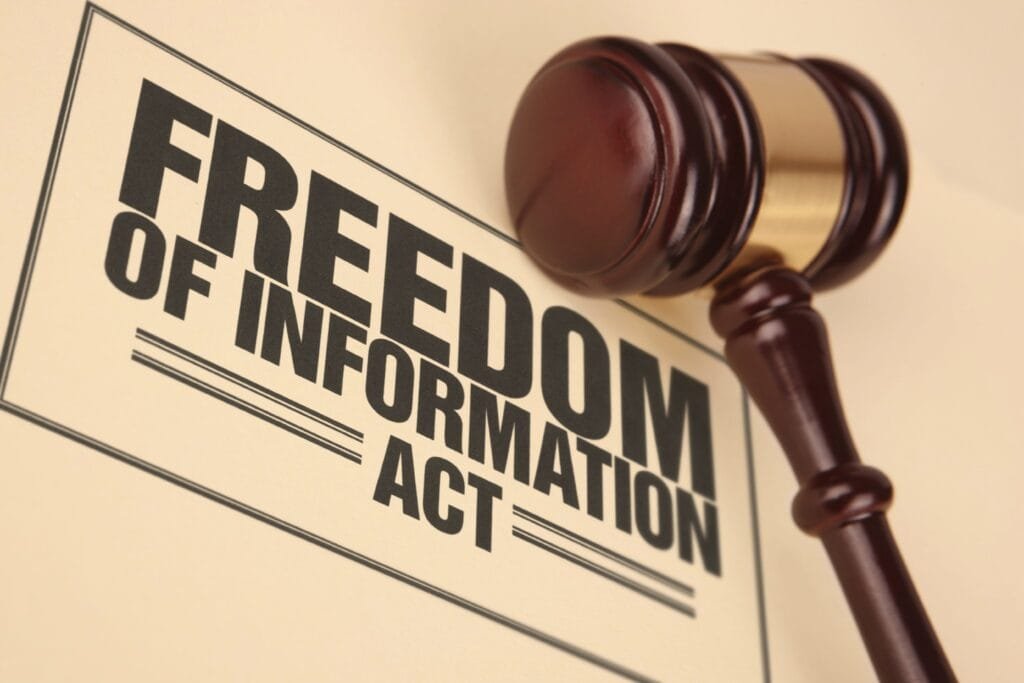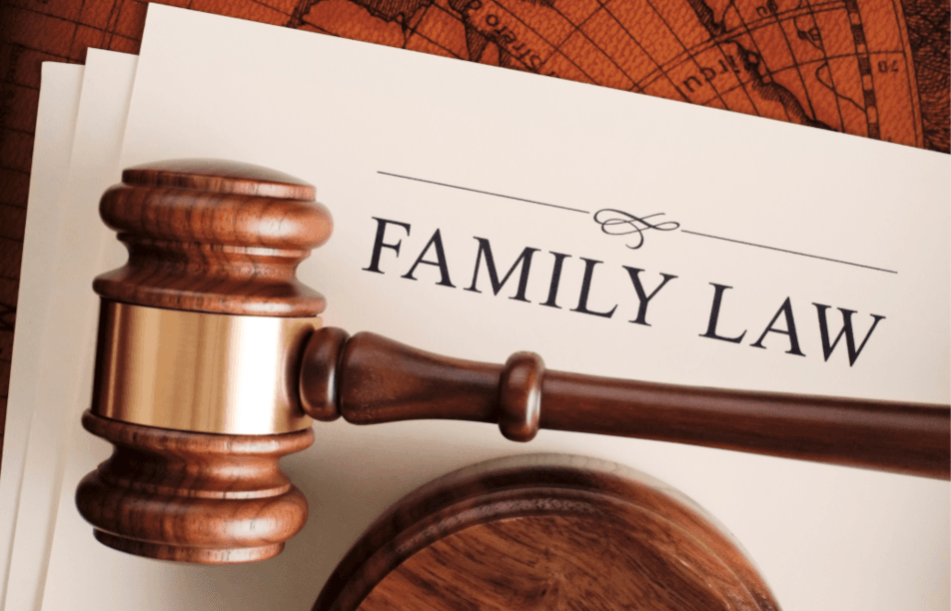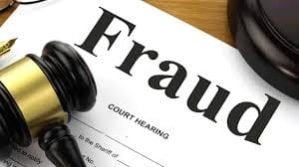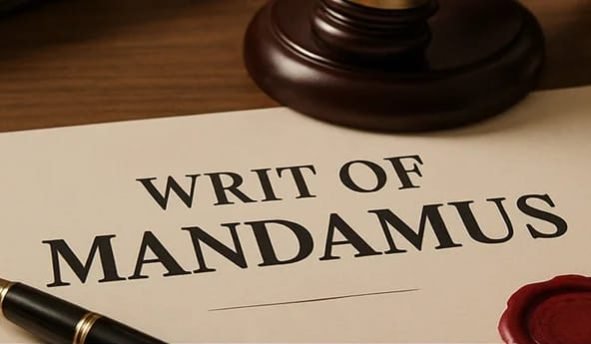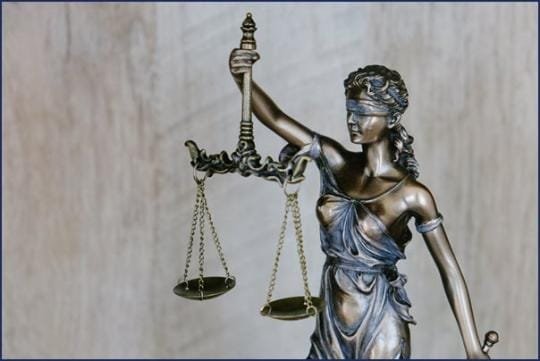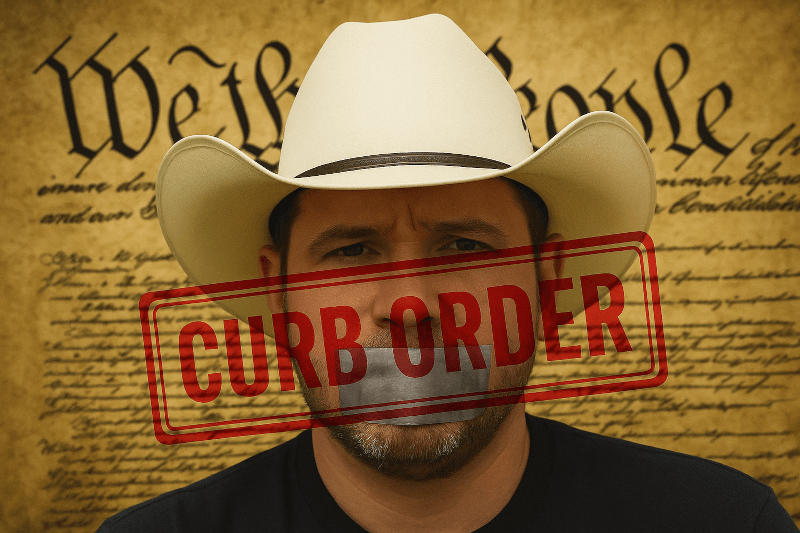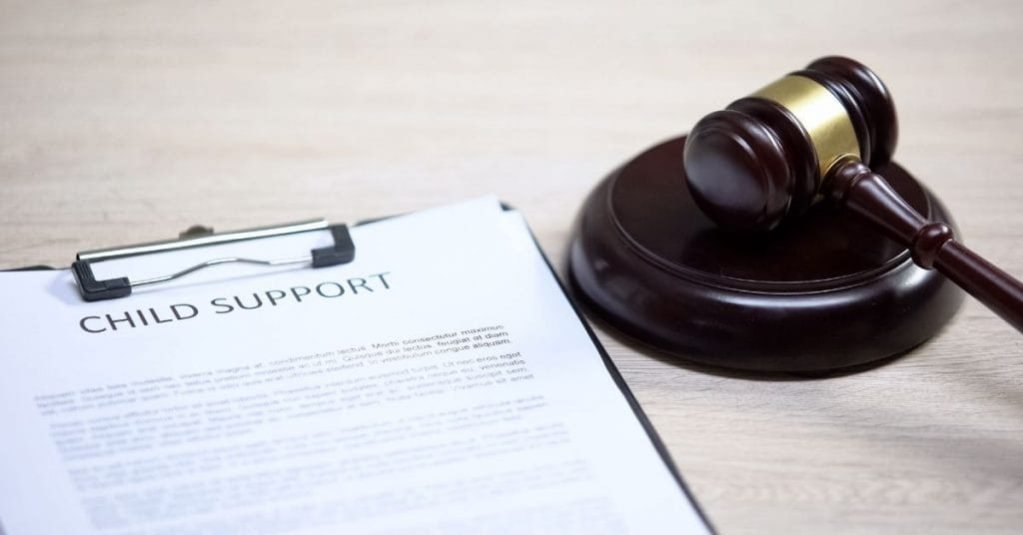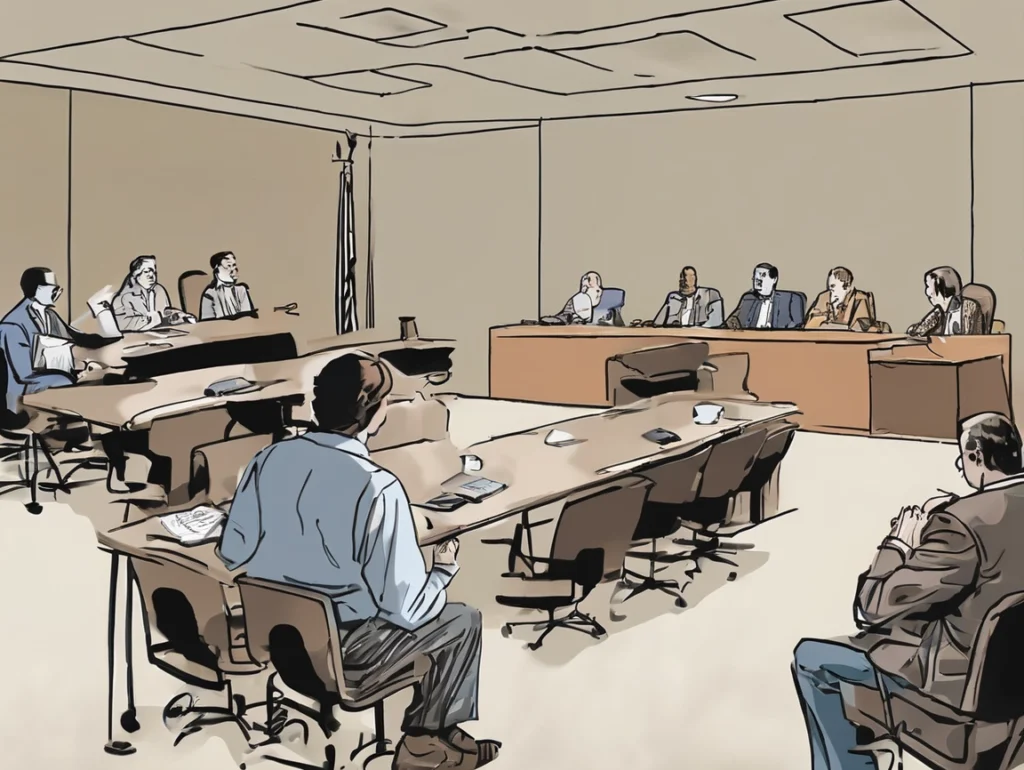Understanding the Importance of Effective FOIA Requests The Freedom of Information Act (FOIA) represents a critical pillar in the framework of democratic governance, granting the public the right to access information held by government agencies. Established in 1966, FOIA empowers citizens to unveil the operations and decision-making processes within public institutions, thereby fostering a culture […]
How federal child-support funding turned “impartial” judges into enforcement partners. What Is Title IV-D? Title IV-D of the Social Security Act (42 U.S.C. § 651 et seq.) created a national reimbursement system that pays states to locate parents, establish paternity, and enforce child-support orders. Each state must maintain a single Title IV-D agency—usually in its […]
In American law, the idea of finality—that a case must eventually end—has always been balanced against something even more fundamental: legitimacy. A judgment obtained without jurisdiction, or through deception, is not merely flawed; it is void from the beginning. Under Federal Rule of Civil Procedure 60(b)(4), anyone affected by such a judgment can ask the […]
Across the United States, state and county child-support agencies routinely send Income Withholding for Support (IWO) forms directly to employers, banks, and payroll processors—often without any judge’s signature or valid court judgment attached. Many agencies even claim this is perfectly lawful because the IWO is a “federally required form” under Title IV-D of the Social […]
In the long tradition of American law, few tools are as powerful — or as rarely used — as the Writ of Mandamus. It is the last resort when a court or government officer refuses to perform a duty so clear and mandatory that silence itself becomes an act of injustice. When used properly, a […]
Every litigant who steps into federal court expects one basic thing — that their case will be heard fairly and without unreasonable delay. Yet, in practice, many constitutional and jurisdictional motions linger on the docket for months or even years while the harm they describe continues every day. Congress saw that danger coming. That’s […]
Introduction: The Importance of Article III Jurisdiction Article III of the United States Constitution establishes the judicial power of the federal government, delineating the authority of federal courts and the rights of individuals within this framework. It is critical to recognize that Article III jurisdiction is not merely a technical detail; it embodies the essential […]
Introduction to Jurisdiction In every court proceeding—civil, criminal, or administrative—jurisdiction stands as the foundation of lawful power. Without jurisdiction, every order, judgment, or act is void ab initio. No where is this principle more essential than in child support enforcement cases, where the state exercises coercive power over liberty, property, and parental rights. When service […]
Meeting starts in Zoom Knowledge Session: Federal Title IV-D Challenge Meeting date October 14, 2025 5:00 pm Add to: Google Calendar , iCal Export Password: Tkt8q1 Join in browser Join in zoom app Join Gregory James (Jim) Van Etten for an open knowledge session exploring his ongoing federal civil-rights challenge to Title IV-D child-support enforcement […]
Boston, MA – Gregory James (Jim) Van Etten, the pro se litigant challenging alleged fraudulent service practices in Van Etten v. Fattman et al. (D. Mass. No. 4:24-cv-40113-MRG; 1st Cir. No. 25-1095; Mandamus No. 25-1852; SCOTUS No. 25A408), has confirmed that his emergency stay application has been formally received and docketed by the Supreme Court […]

